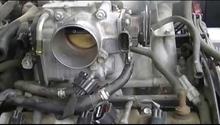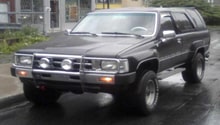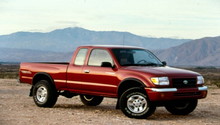Toyota 4Runner 1984-1995: Why is My Engine Misfiring?
An engine misfire in your Toyota 4Runner can reduce your gas mileage and performance, so read on to learn how to diagnose it.
This article applies to the Toyota 4Runner (1984-1995).
An engine misfire can be caused when the air and fuel mixture are being interrupted. Your Toyota 4Runner's engine could experience one or more misfire, depending on what component went wrong. An engine misfire would affect your engine and its performance tremendously. Once your engine starts misfiring, you will notice a huge drop in your gas mileage, as well as performance. If your 4Runner is misfiring, read on to learn how to diagnose the issue.

Materials Needed
- Socket set
- Long screwdriver
Step 1 – Check spark plug wires
They could be worn.
Worn spark plug wires could cause an engine misfire. If the wire is cracked and the current isn't flowing properly, the spark plug connected to that wire might not spark, which would cause that cylinder to misfire. To inspect the wires, follow each wire from one end to the other. Make sure there isn't any wears or cracks through the whole line. If any of the wires looks rough, replace it immediately.
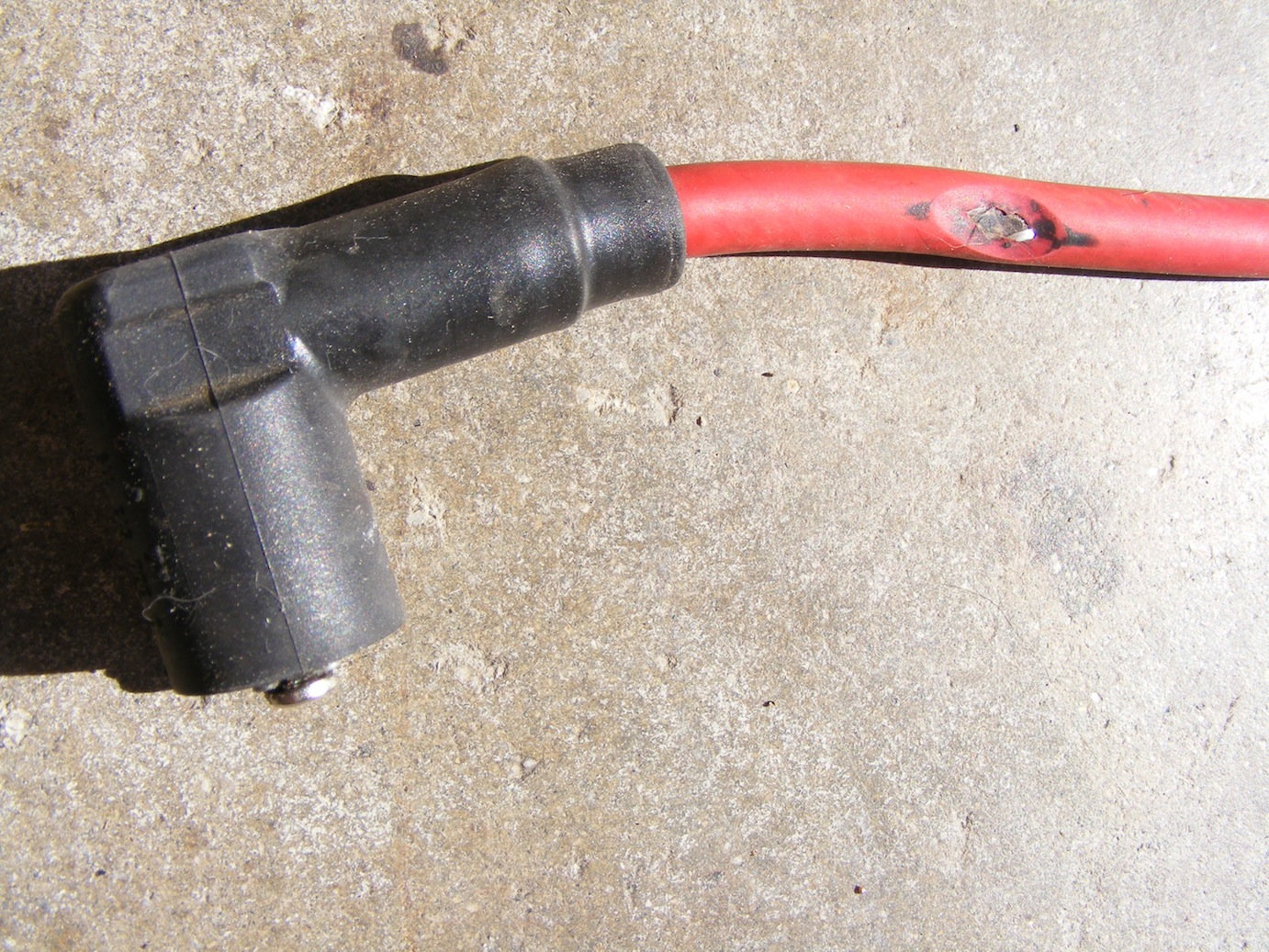
If the spark plug wires are in good shape, proceed to Step 2.
Step 2 – Check spark plugs
They could be worn.
The spark plugs aren't designed to live forever, so if you don't remember replacing the spark plugs in the last 30,000 miles, now is probably the time. Remove each spark plug and inspect it separately. If it has any signs of burns on it, replace all of them as a set. Spark plugs are one of the biggest reasons your car would misfire.
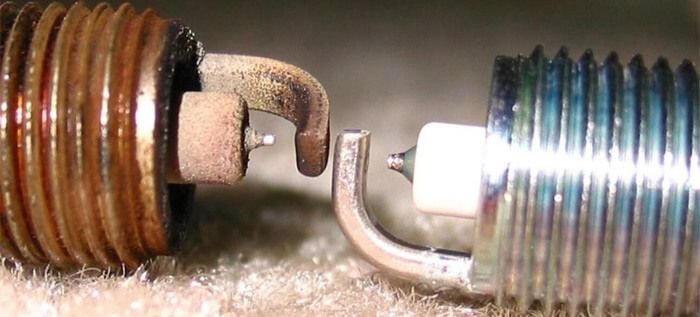
If the spark plugs are well, proceed to Step 3.
Step 3 – Check fuel injectors
They could be faulty.
The fuel injectors are responsible for the fuel spraying into your engine; if one of them fails, it disturbs the air fuel mixture, which causes an engine misfire. A dirty fuel injector can also disturb the air fuel mixture, so be sure the injectors are all clean. To check the injectors, put your long screwdriver on the back of the injector, start the car, and put your ear on the handle of the screwdriver, as this would allow the screwdriver to work as a stethoscope. If the fuel injector is working properly, you should hear a buzzing sound. If you don't hear a buzzing sound, you may have a bad injector.
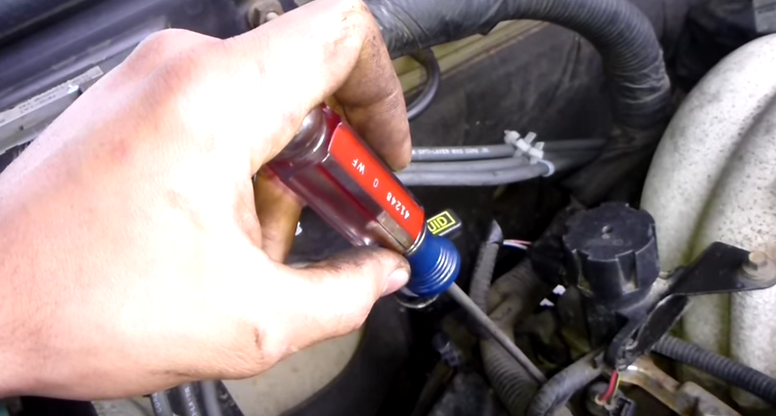
Featured Video: Testing Injectors
Related Discussions
- Backfire - YotaTech.com
- Misfire and Stumble - YotaTech.com
- Misfiring - YotaTech.com

